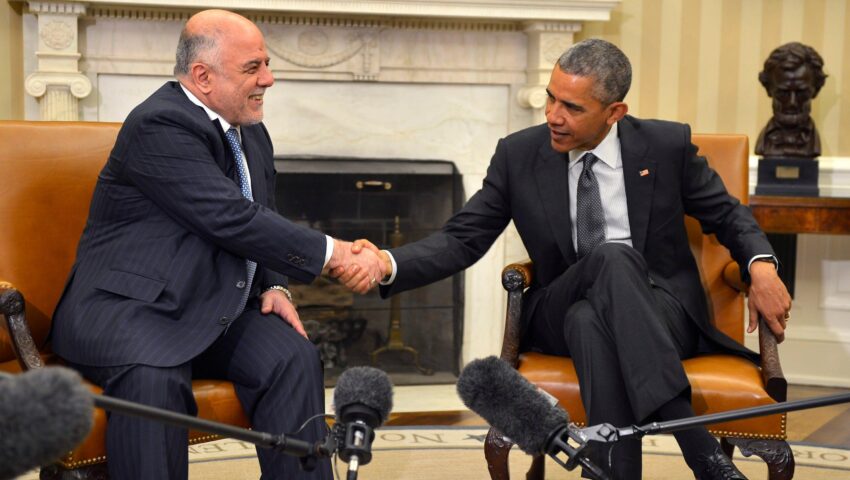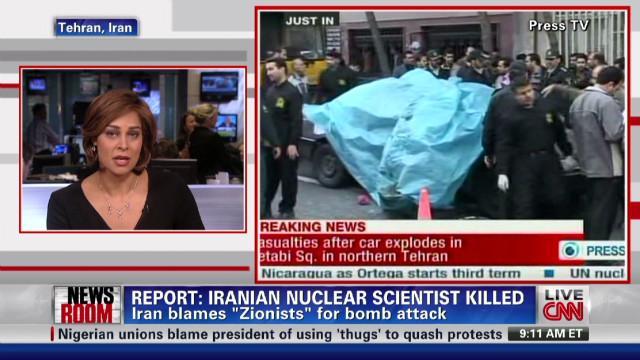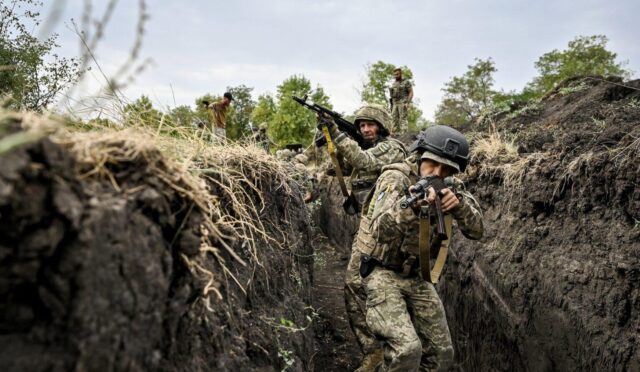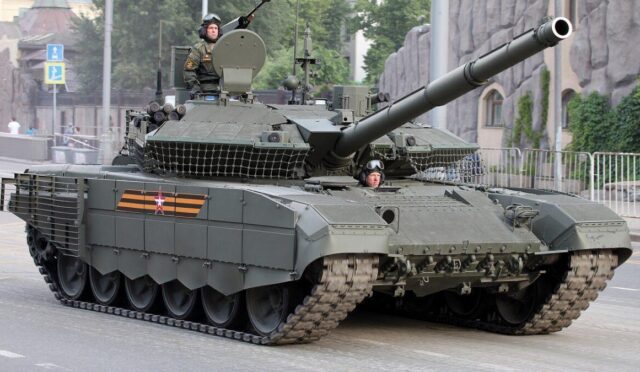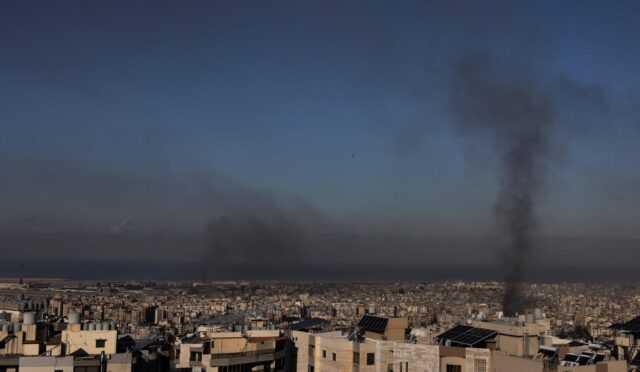Iraq’s Diplomatic Efforts Amid Regional Tensions
In a bid to avoid being entangled in the escalating tensions between Israel and Iran, Iraq has proactively engaged both the Iranian and US governments. Officials revealed on Saturday that the Iraqi government is striving to maintain a balanced diplomatic approach amidst the ongoing exchanges of strikes involving its neighbors.
Baghdad’s strategic position is further complicated by its dual alliances: a close partnership with Tehran and a critical relationship with the United States, which maintains around 2,500 troops in Iraq as part of an anti-jihadist coalition.
Iraq’s Request to Iran
A senior security official from Iraq shared insights with AFP, stating that Baghdad had urged Tehran not to target US interests located within its borders. Emphasizing the sensitivity of the discussions, the official requested anonymity but reported assurances from Iran regarding a favorable response to their request.
This diplomatic communication suggests Iraq’s intent to safeguard its geopolitical stability by preventing an escalation that could draw it into a broader conflict.
Formal Requests to the United States
In addition to its dealings with Iran, an official from the Iraqi government revealed that they have formally asked the United States to ensure that Israeli aircraft do not violate Iraqi airspace. This request underscores Baghdad’s desire to maintain control over its territory amid external military operations.
Furthermore, on Friday, Iraq lodged a complaint with the United Nations, condemning Israel’s use of its airspace for attacks against Iran, highlighting the complexities of military dynamics in the region.
US Responsibility in Regional Security
In light of the current situation, a government official stressed that the United States must assume responsibility for preventing actions that could jeopardize Iraq’s security and stability. This plea reflects Iraq’s role within the international coalition collaborating with the US to combat the Islamic State group.
The emphasis on US accountability illustrates the delicate balance Iraq is trying to maintain while navigating its relationships with both influential powers.
Rising Tensions Between Israel and Iran
The recent escalation in hostilities began early Friday with a series of strikes by Israel on military and nuclear sites in Iran. Tehran had previously made it clear that if negotiations with Washington regarding its nuclear program failed, it would retaliate by targeting US military bases in the region.
This backdrop of heightened aggression complicates Iraq’s diplomatic efforts, as the country finds itself at the crossroads of a potentially explosive situation.
Impact of the Gaza Conflict
The ongoing conflict in Gaza, which erupted in October 2023, has intensified the hostility between Israel and Hamas, a group backed by Iran. Amid this turmoil, various armed factions aligned with Tehran have escalated their rocket and drone attacks on US forces in both Iraq and Syria.
This series of confrontations not only increases regional instability but also places added pressure on Iraq to manage relationships with both the US and Iran effectively.
US Embassy Reductions Due to Security Concerns
Amidst the surge of attacks against Iran, the United States announced on Wednesday its decision to reduce the staffing at its embassy in Baghdad. This move was attributed to rising security concerns, further highlighting the precarious situation in the region.
The decision emphasizes the potential risks faced by foreign entities operating in Iraq and illustrates the direct impact of escalating conflict on diplomatic missions.
Calls for US Withdrawal from Iraq
In response to the increasing tensions, several pro-Iran factions in Iraq have called for the expedited withdrawal of US forces. The influential group Kataeb Hezbollah voiced concerns, warning of possible future conflicts that could destabilize the region further.
These calls for withdrawal signal a significant shift in sentiment among local factions, reflecting the ongoing dissatisfaction with foreign military presence in Iraq.
Navigating a Complex Geopolitical Landscape
As Iraq navigates through these turbulent waters, it faces the challenging task of balancing its relations with Iran while also maintaining strategic ties with the United States. This geopolitical tightrope walk is fraught with challenges, as each side has vested interests in the outcome of the regional conflicts.
The delicate interplay of diplomacy, military presence, and national security will continue to define Iraq’s role in the wider Middle East, influencing not just its immediate future but the stability of the region as a whole.
